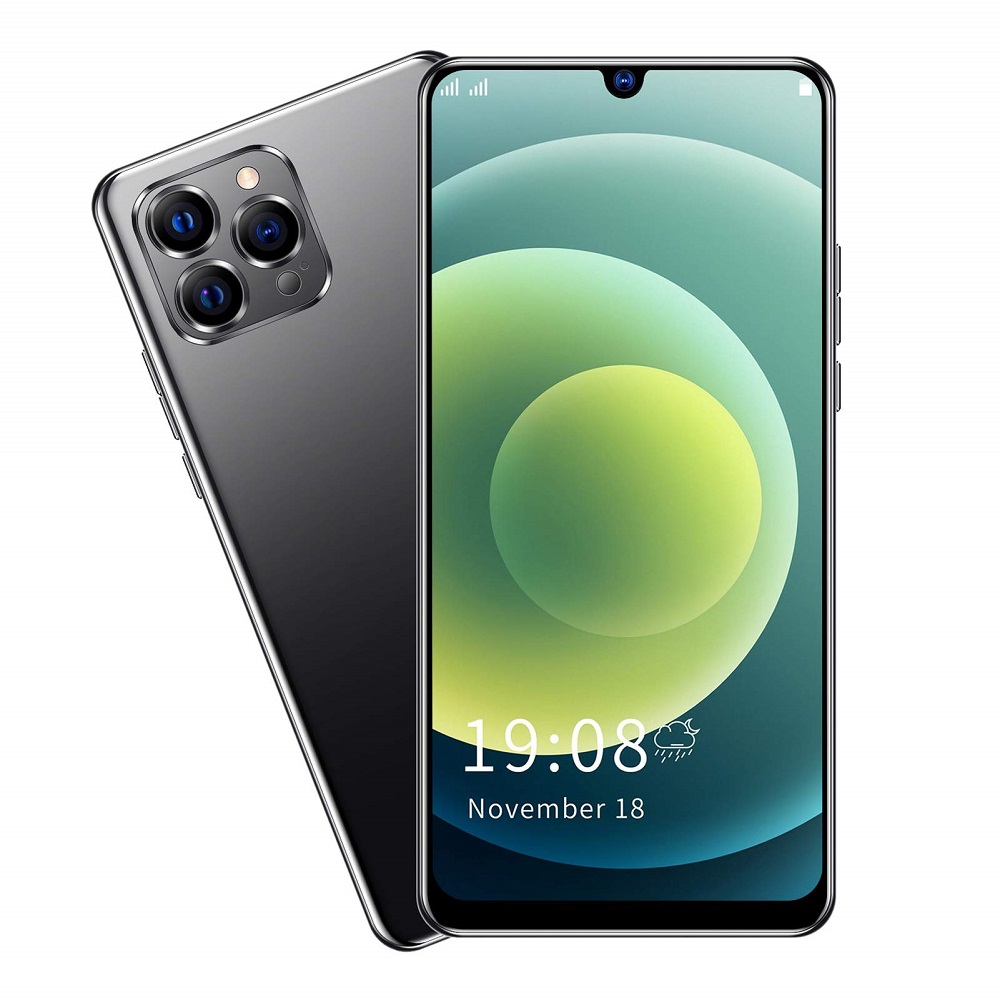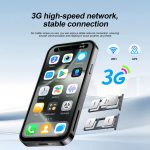History and Evolution of Mobile Phones
The journey of mobile communication is a tale of innovation and evolution. From bulky bag phones to sleek smartphones, the transformation has been remarkable.
The Inception of Cell Phones
Cell phones emerged in the 1980s. They started as large, heavy devices carried in bags or mounted in cars. Early cell phones were for calls only. They functioned on analog networks and had long antennas. Users marveled at the freedom they provided, despite being cumbersome.
From Feature Phones to Smartphones
The late 1990s introduced feature phones. These phones included basic functionalities beyond calls, like texting and simple games. The 2000s witnessed the rise of smartphones. These devices combine phone features with computing capabilities. Smartphones offer internet access, apps, and multimedia – a significant leap from the basic feature phones. The term ‘cell phone vs smartphone’ reflects this evolution. Smartphones embody the integration of more sophisticated technology than traditional cell phones. They transformed how we interact with the world, merging many gadgets into one.
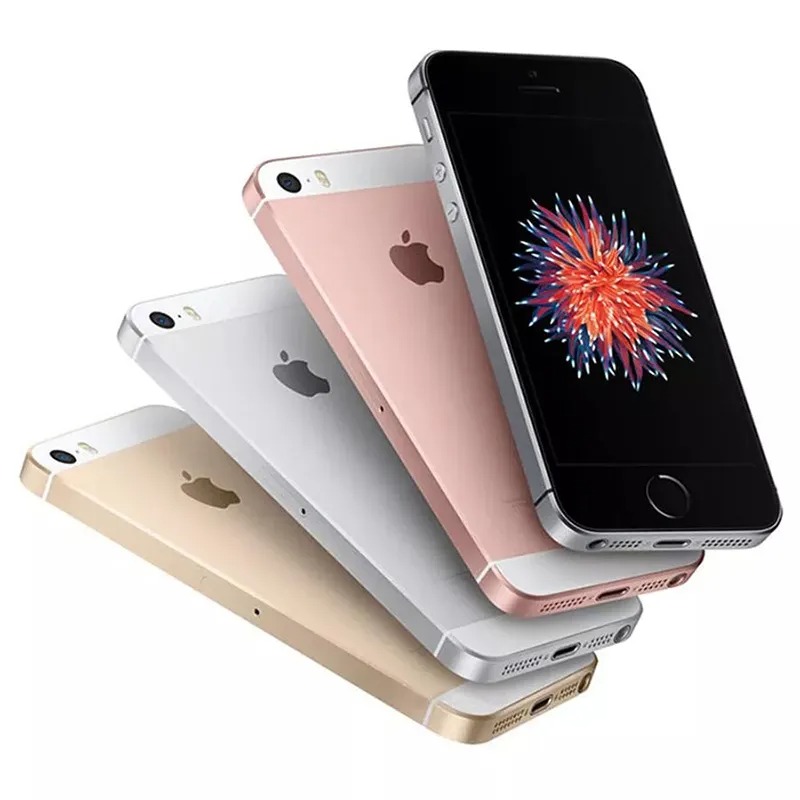
Defining the Cell Phone
When we ponder the term ‘cell phone’, it refers to mobile devices focusing on voice communication. These are the phones that ushered in the mobile revolution. Once a luxury, cell phones are now commonplace, allowing people to connect from almost anywhere.
Basic Features of Traditional Cell Phones
Traditional cell phones, often simply called ‘cell phones’, serve as the backbone of mobile communication. Their basic features typically include:
- Voice calls: Clear audio quality to talk anytime.
- Text messaging: Send and receive short messages.
- Contact list: Store names and numbers of people.
- Alarm clock: Help keep track of time and appointments.
- Basic calendar: Manage dates and minimal scheduling.
- Battery life: Last longer due to limited features.
These core functions define what cell phones do best: simple, reliable, direct communication. They lack the advanced features that characterize smartphones, such as internet access or high-resolution cameras. For those who value straightforward functionality without the complexity of modern smartphones, traditional cell phones still hold appeal. The contrast between cell phone vs smartphone is stark, with each serving distinct needs and preferences.
Understanding Smartphones
Smartphones are far more than devices for making calls. They have evolved into sophisticated gadgets that play an integral role in our daily lives.
Key Features and Advanced Capabilities
Today’s smartphones boast a multitude of features that surpass the basic functions of traditional cell phones. These key features include:
- Touchscreen interface: Provides intuitive and direct interaction with the device.
- Internet access: Allows browsing, emailing, and instant messaging on the go.
- Applications (Apps): Users can download a variety of apps for different purposes, from productivity to entertainment.
- High-quality cameras: Enable capturing of photos and videos in high resolution.
- GPS navigation: Offers real-time directions and location tracking.
- Social media integration: Keeps you connected with friends and family.
- High-definition screens: Offer a clear and vibrant display for videos and images.
- Internal storage: Provides space for photos, music, apps, and other media.
These advanced capabilities of smartphones have shaped them into mini computers that fit in our pockets. They not only keep us connected through phone calls and texts but also give us access to a wealth of information and tools. The cell phone vs smartphone debate underlines the significant leap in technology from basic communication to comprehensive connectivity and utility. For many, smartphones have become indispensable in managing their personal and professional lives.
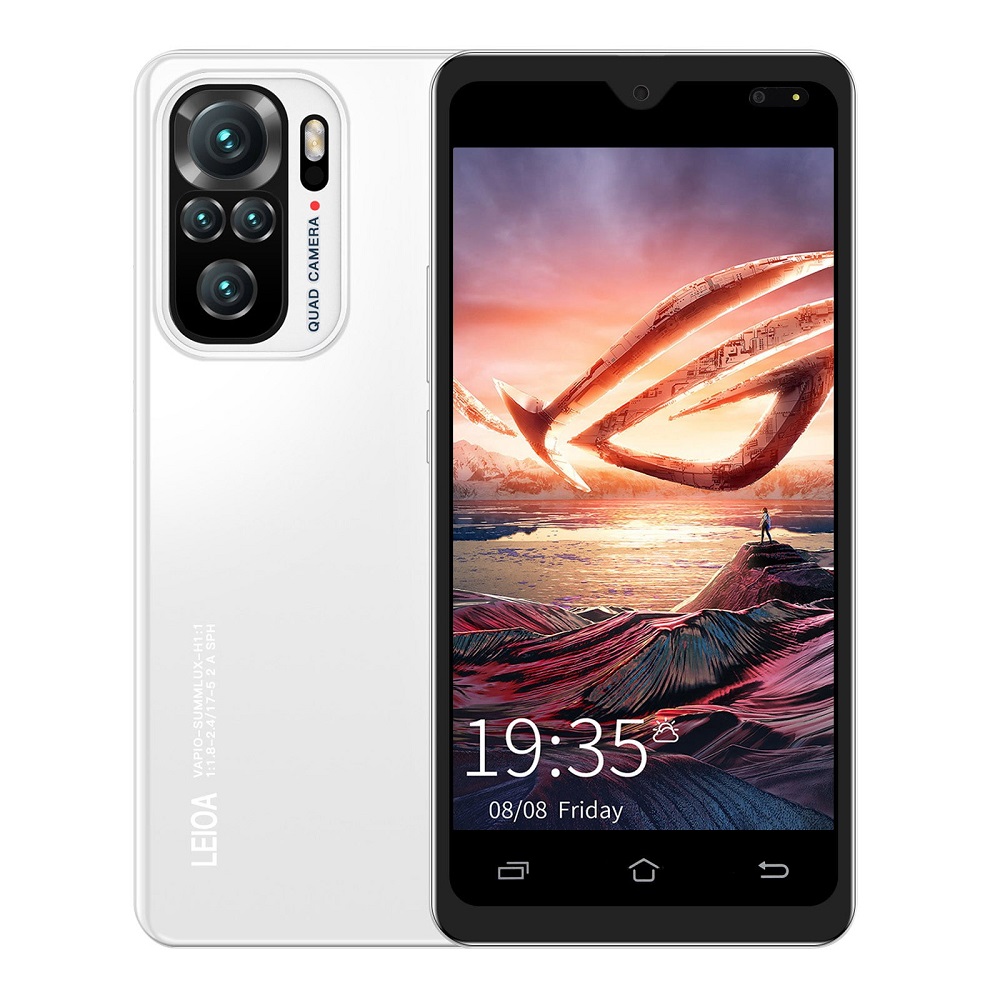
Comparing Functionality and Usability
When we drill down into the cell phone vs smartphone debate, functionality and usability are at the forefront.
Communication Capabilities
Traditional cell phones shine in their capacity to facilitate voice calls and send texts. These devices provide essential communication tools with few distractions. Voice clarity and signal strength often surpass their more complex counterparts. In contrast, smartphones offer diverse communication options, like video calls and various messaging apps. They combine traditional methods with advanced features such as email and social networking.
Multitasking and Productivity
Smartphones excel in multitasking and productivity. Unlike cell phones, they can handle numerous tasks simultaneously without compromising on performance. Users can switch between emailing, web browsing, and using productivity apps with ease. Furthermore, the array of available apps means that smartphones can adapt to a multitude of professional and personal tasks, making them a versatile tool for managing daily life.
Impact on Society and Culture
The rise of mobile devices has deeply influenced society and culture. Smartphones, in particular, play a central role in our daily routines.
The Role of Smartphones in Daily Life
Smartphones have become our go-to gadgets for a multitude of activities. From setting morning alarms to navigating new cities, they are vital. With apps, we manage our social connections, finances, and even health. They have also changed how we consume media, making books, news, and videos instantly accessible. The integration of smartphones in daily life is complete and profound.
How Cell Phones Have Shaped Communication
Cell phones started a revolution by unchaining communication from landlines. They made it easy to connect across distances without physical barriers. Over time, their influence extended to texting, enhancing our ability to send quick, concise messages. This has led to the evolution of communication norms, embracing brevity and immediacy. The cell phone vs smartphone conversation reflects this ongoing transformation. Both have reshaped interaction, each in its unique way.
Choosing the Right Device for Your Needs
Picking the perfect mobile device can be a challenge. You need to balance your requirements with the features on offer. In the cell phone vs smartphone discussion, the choice boils down to what matters most to you as a user. Is it the ease of use, the range of functions, or perhaps the cost?
Factors to Consider When Purchasing
When buying a mobile device, consider these key points:
- Purpose: Why do you need the phone? Is it for basic calls or for a wide range of functions?
- Cost: What is your budget? While smartphones tend to be more expensive, they offer more features.
- Ease of Use: Do you prefer a simple interface or can you navigate advanced options?
- Battery Life: How often can you charge the device? Cell phones usually have a longer battery life.
- Durability: Are you looking for a robust device that can handle drops and knocks?
- Connectivity: Do you need internet access and social media, or is calling and texting enough?
Consider each factor carefully to ensure you choose the mobile device that best suits your lifestyle and needs.
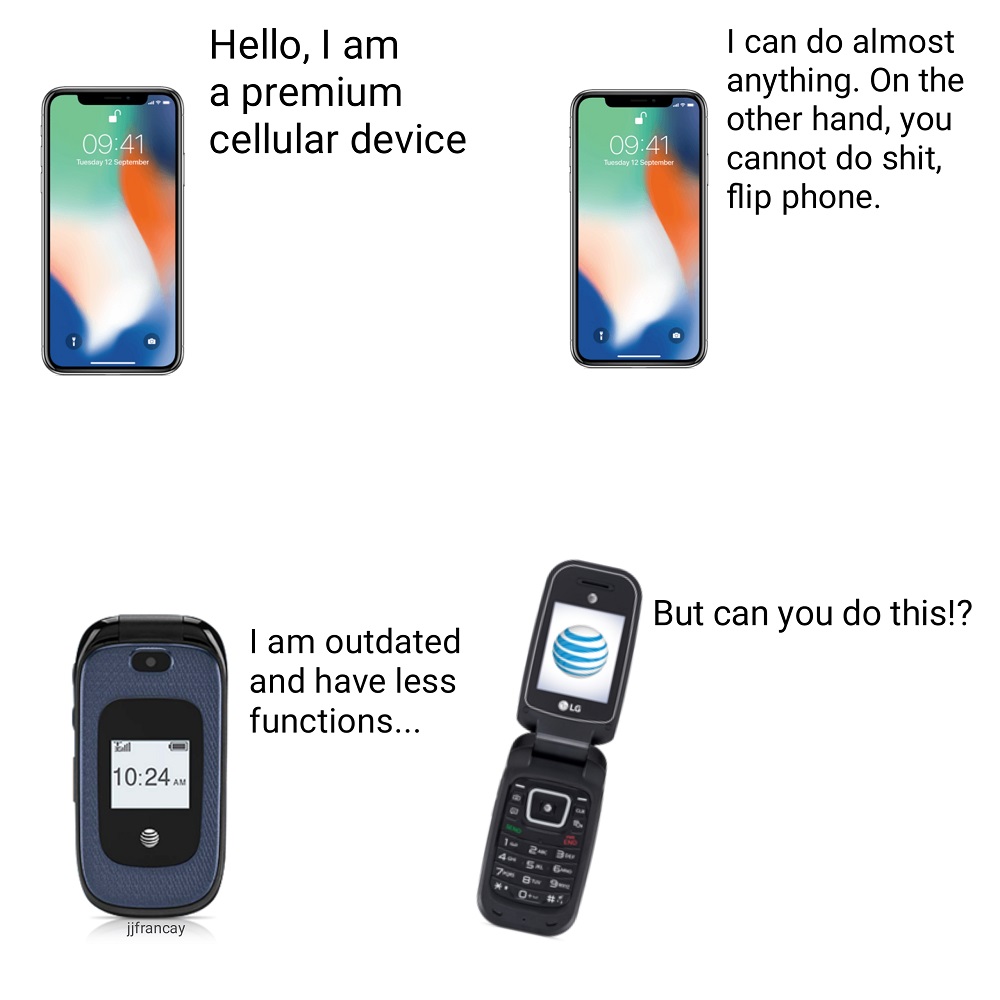
The Debate of Simplicity vs. Smart Features
The cell phone vs smartphone debate often centers around simplicity against advanced features. Many users appreciate the straightforward design of cell phones. They offer ease of use without the clutter of additional options. Smartphones, on the other hand, provide an array of smart features. They can serve as your camera, GPS, and even a portable computer. The decision between the two should align with your daily requirements and comfort with technology. Whether you value the reliability of a cell phone or the versatility of a smartphone, your choice will ultimately shape your mobile experience.
Future Trends in Mobile Devices
As we look to the future, mobile device innovation continues to accelerate. Here’s what we can expect in terms of upcoming trends and advancements.
Innovations on the Horizon
- 5G Technology: The rollout of 5G networks will boost mobile internet speed, improving download times and streaming quality.
- Foldable Screens: Flexibility in screen design promises to revolutionize the way we use our devices, making them more compact yet expansive when in use.
- Enhanced Battery Life: Advancements in battery technology aim to extend usage times, reducing the need for frequent charging.
- Improved AI Capabilities: Smarter phones through AI will learn from user behavior, making tasks easier and more personalized.
- Augmented Reality (AR): This technology could turn smartphones into devices capable of overlaying digital information onto the real world.
Each of these innovations has the potential to shift the ‘cell phone vs smartphone’ narrative, evolving what we expect from our mobile devices. The focus is increasingly on enhancing user experience and pushing the boundaries of what a mobile device can do.
Predicting the Next Big Thing in Mobile Technology
Predicting the future of mobile technology is a challenging yet exciting prospect. Key indicators suggest:
- Seamless Connectivity: The ability to stay connected across various devices without interruptions.
- Smart Wearables Integration: A closer connection between smartphones and wearable devices for health tracking and notifications.
- Advanced Security Features: As threats evolve, so too will the security measures to protect sensitive data on mobile devices.
While the exact trajectory is unknown, one thing is certain: the evolution in mobile technology will continue to change the ‘cell phone vs smartphone’ landscape, shaping communication and lifestyle in new and unforeseen ways.
